SAN FRANCISCO — Jeffery Paul Chan,?? ??? ?? ?? a noted author and scholar, passed away on Jan. 11 at his home in Marin County after battling cancer for years.
Born in 1942 in Stockton, he was a professor of Asian American studies and English at San Francisco State University, his alma mater, for 38 years. SFSU Asian American Studies posted the following tribute:
“Jeffery Paul Chan, emeritus professor of Asian American studies, was an author and founding member of the Asian American Studies Department and the College of Ethnic Studies at San Francisco State University in 1969. With appointments in both Asian American studies and English, he taught courses in basic writing skills, Asian American literatures, and creative writing from 1969 until his retirement in 2006. He also served multiple terms as AAS department chairperson during the most challenging times for the department.

“This factual statement and Jeff’s better known public face as author and educator obscures a greater truth — that Jeff’s work was fundamental to establishing the entire field of Asian American studies and to the understanding of Asian American literature in particular. This assertion is rooted in the cultural and political realities he faced on teaching his first classes in Asian American Studies in 1969. At that time, any books about and by Asian Americans were rare, regardless of quality or perspective, and literary books by Asian Americans even fewer and largely out-of-print.
“To address this situation, Jeff and his primary partners in crime — Frank Chin, Lawson Fusao Inada, and Shawn Wong — set out to find as many writings by Asian American authors as they could discover, published or not. They pressured publishers to reissue or republish works by people like Louis Chu, Toshiro Mori, John Okada, and Carlos Bulosan. They sought funding for the publication of new works by contemporary Asian American poets and writers and produced their own landmark book, ‘Aiiieeeee! An Anthology of Asian American Writers.’ The publications of every Asian American author since is based on the foundations they built.
“Their efforts also led to the Combined Asian American Resources Project (CARP), which sought to gather information not only on Asian American writers but on Asian American cultures in general. This sometimes madcap enterprise sought primary sources, recorded events like Bomb Day in Marysville, and interviewed people as varied as early Asian Americans engaged in Hollywood and the arts, and an elderly **hom-yu** (salt fish) maker in Monterey, and a long-established woman barber in Oakland Chinatown.
“Jeff, in particular, took great joy in discovering the subtleties of Chinese American English and the broad range of Asian American cultural expressions.
“Through discussions with colleagues across ethnic, racial, disciplinary, and political lines, Jeff led the development of an analytical perspective on Asian American identities, cultures, and language as well as literature. That perspective asserted Asian American cultural expressions as standing in their own light, legitimate in their own right, rejecting the tradition of racialized cultural subordination in which these expressions were seen as pale shadows of Asian or white American cultures.
“This principle was and is central to the tradition of Asian American Studies at SFSU, indeed to Asian Americans studies as a discipline, and is the foundation of the study of Asian American literature to this day.

“Jeff was endlessly supportive of aspiring Asian American writers, while also providing precise critical guidance and was at the forefront in developing new Asian American writers and many of the creative activities and groups in Asian American communities, including Kearny Street Workshop and the Asian American Theater Workshop in San Francisco.
“His classes attracted and were popular with students who wished to explore their own experiences, communities, and history from a new perspective. Many of his students and teaching assistants went on to spark an Asian American cultural renaissance in creative writing and the arts.
“His role in building and defending Asian American Studies at S.F. State is equally important. He drove the development of coursework related to Asian American literature and creative writing while helping to direct the larger creation of Asian American Studies at San Francisco State.
“Equally important, Jeff held the chairperson’s position for many of the most difficult periods, during which he courageously often faced the open hostility of the campus administration and larger campus anti-ethnic studies belligerence. He addressed and often resolved conflicting concerns of the highly involved students, community members, and faculty who were engaged in the construction and operation of the department.
“An essentially calm and gentle person with a wry wit and ever the diplomat, he was an adept consensus builder who brokered collective agreements over issues that might have otherwise jeopardized departmental unity, integrity, and even survival. He earned the respect and admiration of his colleagues in Asian American Studies, Ethnic Studies, and the larger campus community, and among the leading writers and artists of color, building lasting alliances and highly valued friendships along the way.
“Professor Jeffery Paul Chan – a true original.”
“Aiiieeeee!,” published in 1974, included works by Diana Chang, Momoko Iko, Wallace Lin, Toshio Mori, Oscar Pe?aranda, Sam Tagatac, Hisaye Yamamoto and Wakako Yamauchi.

“The Big Aiiieeeee!” followed in 1991, featuring such authors as Sui Sin Far, Monica Sone, Milton Murayama and Joy Kogawa.
CARP posthumously republished older works by Asian American authors, such as John Okada’s “No-No Boy,” Carlos Bulosan’s “America Is in the Heart,” and Louis Chu’s “Eat a Bowl of Tea,” for which Chan penned a foreword.
Chan and Frank Chin also coined the term “racist love” to express the ways Asians are stereotyped in overly positive ways that are just as damaging as the negative stereotypes used against Blacks, Latinos and Native Americans.
Shawn Wong said in a Facebook post on Jan. 11, “Jeff was the very first Asian American writer I met in 1968 at San Francisco State. He introduced me to Frank Chin and the rest is Asian American literary history. I urge all of you to read his novel, ‘Eat Everything Before You Die’ (University of Washington Press), a classic story about a Chinatown and a Chinese America so refreshingly original and insightful. Beautiful prose and a distinct narrative voice like no other.
“Jeff also taught the very first Asian American literature class in the U.S. as a professor at S.F. State. I visited with him about three weeks ago and we ‘talked story,’ as they say in Hawai’i. He was a natural storyteller with great comic timing to the end.”
Calvin McMillin of “The Frank Chin Archive” on Facebook poste, “Very sorry to hear of the passing of Jeffery Paul Chan. I am so grateful for his help while I was researching and editing Frank Chin’s ‘The Confessions of a Number One Son.’
“Not only was he a foundational figure in Asian American literature, but his novel bears one of the greatest titles of all time: ‘Eat Everything Before You Die.’
“My condolences to all who loved him.”
Chan’s brother, Michael Paul Chan, is a stage and screen actor whose recent TV credits include “The Resident,” “Major Crimes” and “Berlin Station,” and a founding member of the Asian American Theater Company in San Francisco, where Chin was a leading figure, and where Jeffery Chan served on the Board of Directors.
“Eat Everything Before You Die: A Chinaman in the Counterculture” was published in 2004 as part of the University of Washington Press’ Scott and Laurie Oki Series in Asian American Studies. Chan also wrote a comedic play, “Bunnyhop,” which was produced by East West Players in Los Angeles during their 1977-1978 season.
Frank Abe, Okada’s biographer and co-author of “We Hereby Refuse: Japanese American Resistance to Wartime Incarceration,” said, “A great loss in the world of Asian American literature. Getting word of the passage of Jeffrey Paul Chan, one of the original CARP boys and co-editor of the foundational anthology ‘Aiiieeeee!’ Jeff had been treated for cancer for the past ten years. Got word this weekend he’d gone into hospice care. Now getting word he is gone, peacefully, at his home in San Rafael. Sending deepest condolences to Janis, his wife, Jennifer, his daughter, and Michael, his brother.”
 Two Generations of Hirahara Family Honored at Washington State Pioneer Power Show
Two Generations of Hirahara Family Honored at Washington State Pioneer Power Show
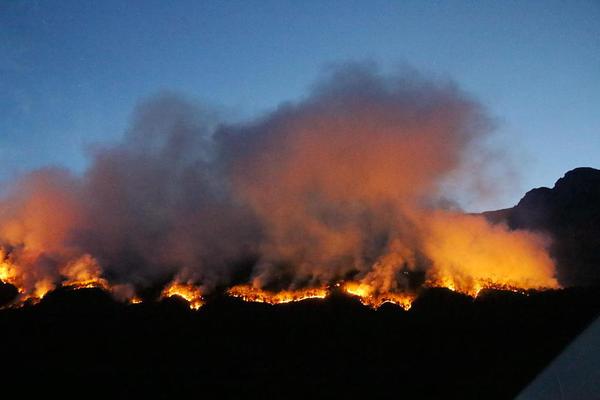 Stellar pregnancy announcement features a dog wearing glasses
Stellar pregnancy announcement features a dog wearing glasses
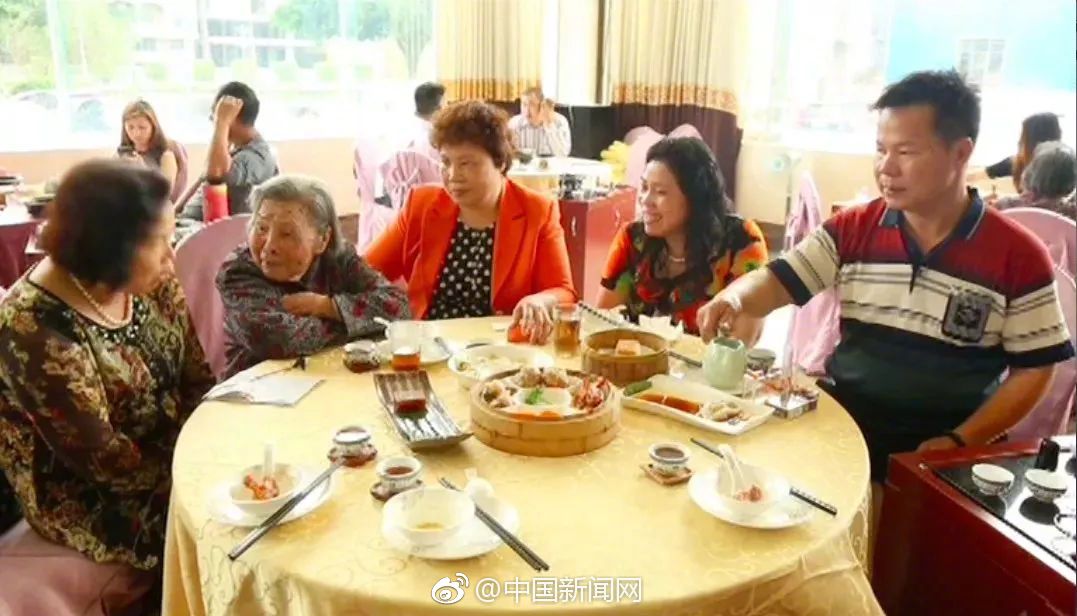 Trump the business is already benefitting from Trump the president
Trump the business is already benefitting from Trump the president
 Bernie Sanders' digital team offers a way for people to call the White House
Bernie Sanders' digital team offers a way for people to call the White House
 Public Tribute to Rev. Kurai at Sozenji
Public Tribute to Rev. Kurai at Sozenji
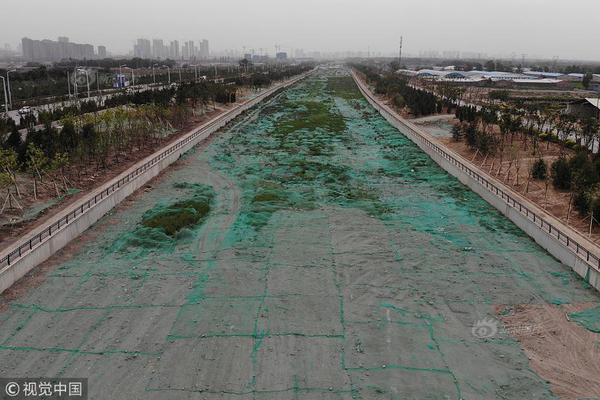 Airbnb offers free housing to those affected by Muslim travel ban
Airbnb offers free housing to those affected by Muslim travel ban
 Playboy Club returning to NYC after 30 years, for better or worse
Playboy Club returning to NYC after 30 years, for better or worse
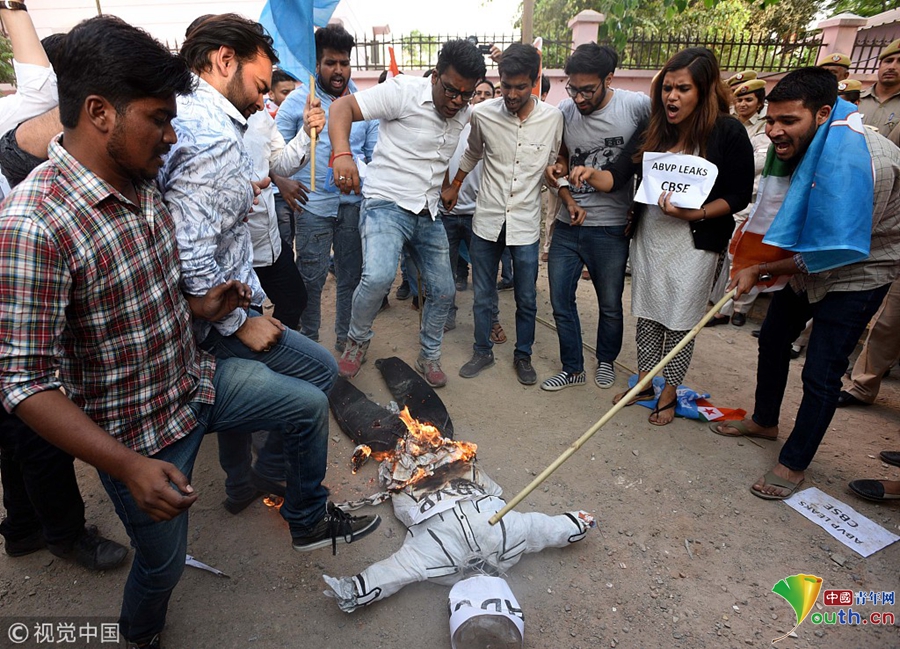 David Beckham hilariously trolls his son Brooklyn on Instagram live
David Beckham hilariously trolls his son Brooklyn on Instagram live
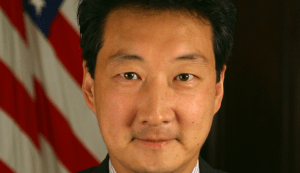 Trump Urged to Nominate Ambassador to South Korea
Trump Urged to Nominate Ambassador to South Korea
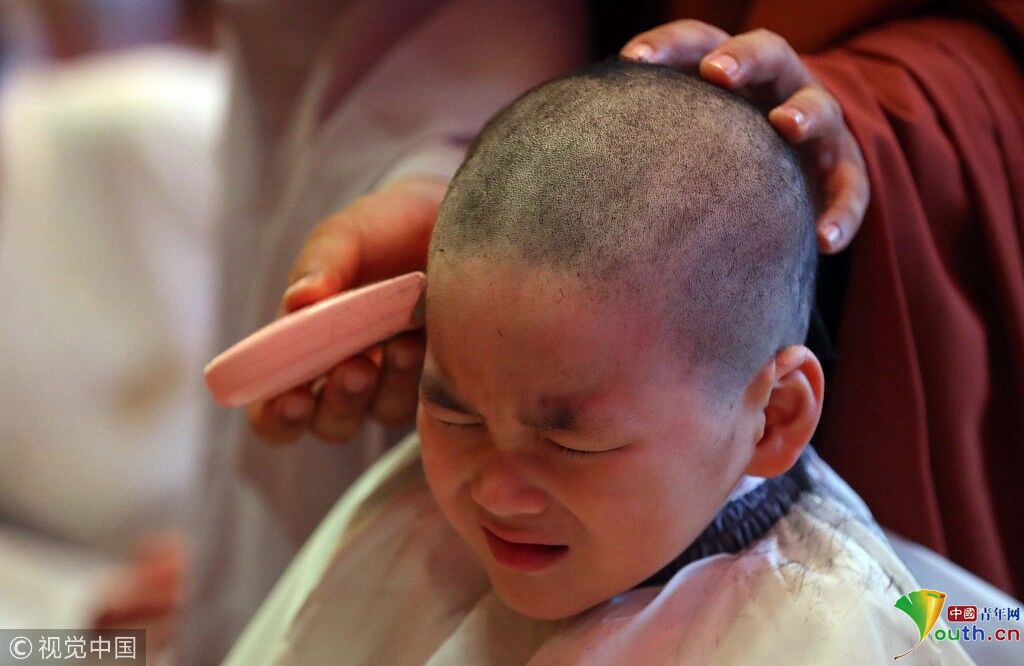 The internet isn't too happy about Ivanka Trump's fancy dress tweet
The internet isn't too happy about Ivanka Trump's fancy dress tweet
 Democrat Kim Defeats Republican Incumbent in New Jersey Congressional Race
Democrat Kim Defeats Republican Incumbent in New Jersey Congressional Race
 The British media just roasted Donald Trump, and he hated it
The British media just roasted Donald Trump, and he hated it
 The LGBTQ community is coming to march and werk on Washington
The LGBTQ community is coming to march and werk on Washington
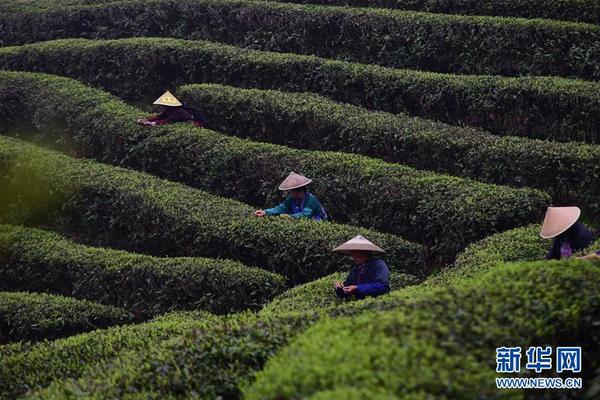 Rare albino alligator looks like it's made of clay
Rare albino alligator looks like it's made of clay
 Chicago JA Oral History Project Unveiled
Chicago JA Oral History Project Unveiled
 White House official memo misspells British PM's name three times
White House official memo misspells British PM's name three times
 Trump's voter fraud investigation may want to start with his own daughter
Trump's voter fraud investigation may want to start with his own daughter
 This country is raising $600 million to counter Trump's anti
This country is raising $600 million to counter Trump's anti
 A Sign of The Times
A Sign of The Times
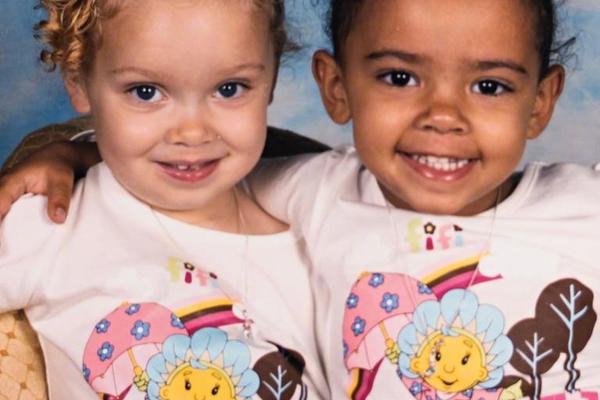 Teen shoots soda in her own face for pretty much no reason at all
Teen shoots soda in her own face for pretty much no reason at all
RIP Nigel, the saddest bird in the worldReinventing the WheelScotland vs. Greece 2025 livestream: Watch UEFA Nations League for freeStormboundThe Fatberg Cometh'Severance' Season 2's Cold Harbor room, explainedThe OLED BurnScientists find spiders with tails preserved inside chunks of amberYesterday’s LiberalSooners vs. Huskies 2025 livestream: How to watch March Madness for free Hacked construction signs alert motorists to breaking news: Trump is a 'lizard' Here's how Daenerys winds down after a hard day's conquering Taylor Swift and Calvin Harris' love story is over? Baby, just say no! Superdad Chris Hemsworth takes a mighty nap with his little ones Maisie Williams had the perfect response to this Daily Mail headline Bezos to billionaires: Skip the revenge plots and get thicker skin 10 legit theories about Justin Bieber's pacifier 500,000 people told Trump not to visit the UK, but he's going anyway Video captures terrifying moment massive lion pounces at toddler at the zoo Young bandit returns stolen pinecone to national park
0.1663s , 9902.1015625 kb
Copyright © 2025 Powered by 【?? ??? ?? ??】Enter to watch online.OBITUARY: Author and Scholar Jeffery Paul Chan, 79; Co,Global Perspective Monitoring